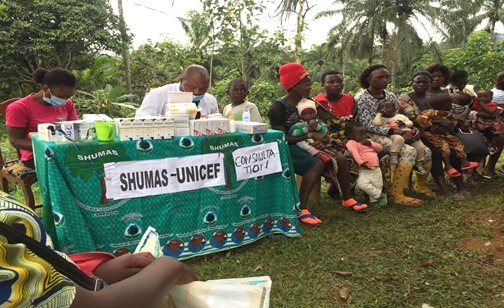Health
Background Information
Cameroon’s North-West and South-West Regions are experiencing a severe humanitarian crisis, with the UN Refugee Agency UNHCR reporting that as of December 2023, there are more than half a million internally displaced persons in the North-West and South-West Regions, along with more than 89,000 people taking refuge in neighboring Nigeria. The Humanitarian Needs Overview 2024 projects that 1.7 million people in the health sector will require humanitarian emergency health assistance.The ongoing socio-political crisis in both regions has led to violence, affecting the local economy and people’s access to essential social services. Essential services and infrastructure have collapsed in the most severely affected areas. The health situation in these insecure areas is characterized by a significant reduction in health services provided to the population by qualified health personnel, as both health structures and personnel have been targeted in the crisis. More than 210 health facilities in the North-West and South-West Regions are no longer functional, with the majority (58%) of internally displaced persons unable to access healthcare due to distance (45%) and financial constraints (17%). Furthermore, weak disease surveillance systems have put the population at risk of epidemics due to late detection and limited response capacity, leading to low immunization rates, the recurrence and severity of cholera epidemics, and the return of diseases like measles and monkeypox. There is also high infant mortality, with 406 deaths per 100,000 live births, as only 31% of women give birth in a health facility in the North-West and South-West. Additionally, there has been an increase in sexual and gender-based violence/mental health problems.Intervention Strategy
The intervention strategy includes providing curative services for pregnant women and children under 5 years for malaria, upper respiratory tract infections, and diarrhea (killer diseases), provision of birthing kits to vulnerable pregnant women, and provision of personal protective equipment to individuals and health facilities to fight against COVID-19.
Objective
The objective is to ensure healthy lifestyles and promote well-being for all by improving the health status of those living in peasant communities through enhancing their access to essential healthcare services.
How It Happens
This involves improving access to essential healthcare services, reducing maternal and child mortality, engaging in community sensitization on contraception, disease prevention, WASH, and other health-sensitive activities, as well as supporting poor rural communities through training, refurbishment, and construction. Additionally, the distribution of birthing kits to vulnerable pregnant women is a key part of the strategy.
Achievements
The achievements of the intervention include:
- Immunized 3,225 children aged 6-59 months and 1,558 children aged 0-23 months.
- Provided consultations for 5,880 children for three killer diseases in hard-to-reach areas.
- Provided long-lasting insecticide-treated mosquito nets to 2,000 vulnerable pregnant women, and provided birthing kits to 275 vulnerable pregnant women.
TESTIMONIALS
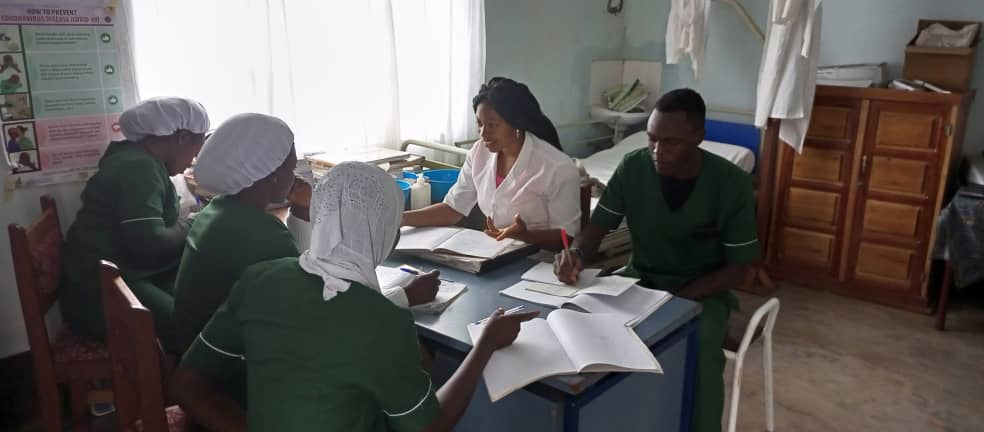
I am Wosunji Theclar from Yer Community in Bui Division. Through the intervention of SHUMAS and Spreading Health partners, I was sponsored and graduated as a State Registered Nurse. For three years now, I have been serving my community and also helping others to gain knowledge and become useful in their communities. Spreading Health is making a huge impact in so many communities. Thanks so much for the priviledge.
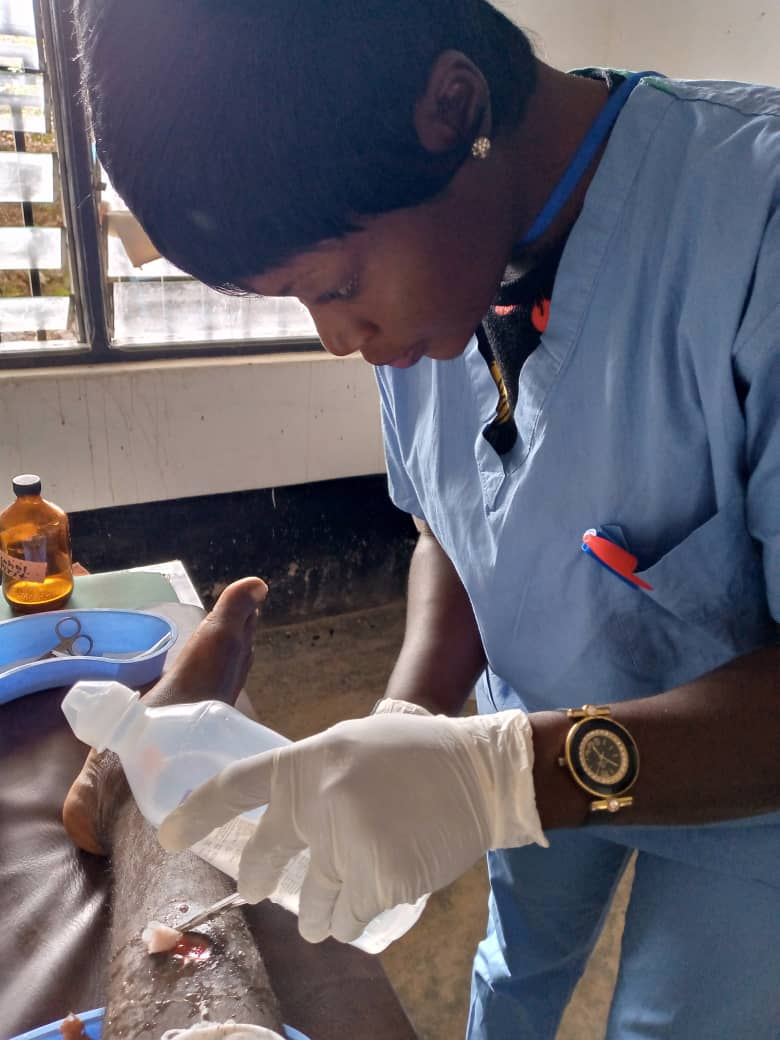
(Elizabeth Cleaning the wounds of a patient)
My name is Mbungu Elizabeth from Bawock Community in Mezam Division. I want to thank SHUMAS and the Spreading Health Family for the wonderful work they have been doing. My community is very confident in me, and I can say I am a big plus to their lives. Through this sponsorship, I have been able to save lives with the skills acquired as a student nurse. Thank you immensely.
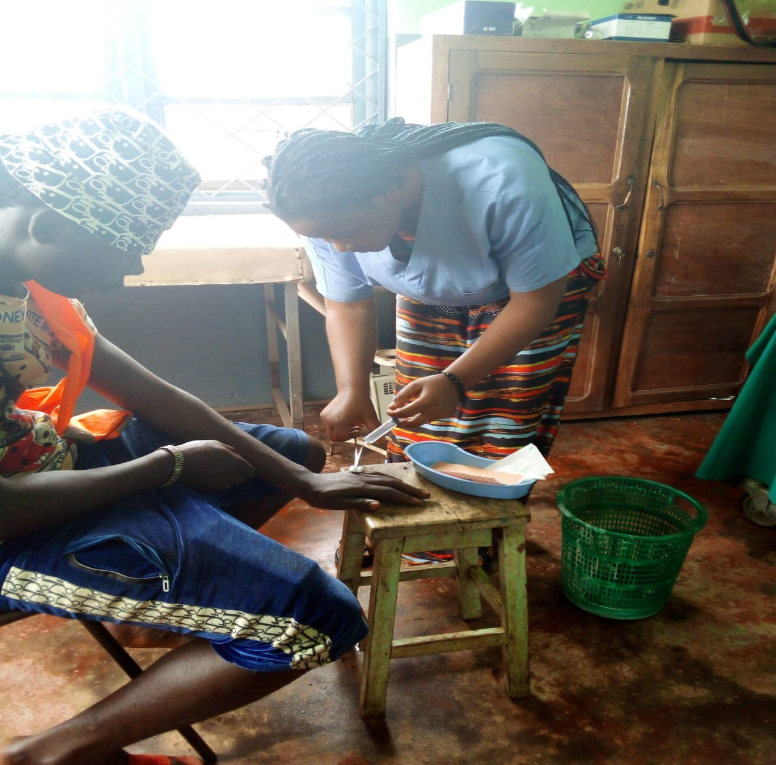
(Lenita administering injection to a patient)
Hello SHUMAS, Hello Spreading Health Family. My name is Lenita Nahnyonga Fombon. I am from the Bali Nyonga Community, Mezam Division. I am a State Registered Nurse, thanks to your sponsorship. Because of my training, I have been able to give health talks, carry out deliveries, and help many sick people who would have been very desperate if not for my help. Many other students have also benefited from my knowledge and will soon become nurses like me. Thank you so much.
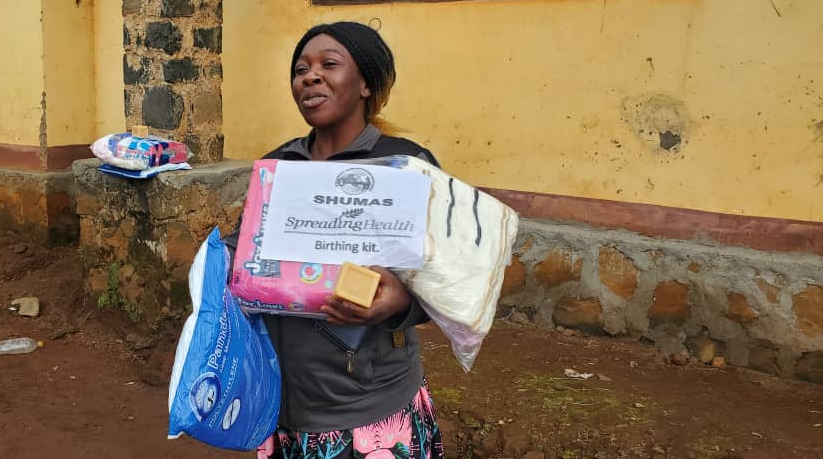
My name is Bani Bernadette, and I am from Mantum. I want to thank SHUMAS so much for the birthing kit they gave me. I did not know where I would get money from to buy some of these things, which are really necessary. When I give birth, I will be able to use the sanitary pad to keep myself clean and wear the baby’s clothes to keep the baby warm. I pray that SHUMAS continues with this wonderful gesture. Thank you.
GALLERY
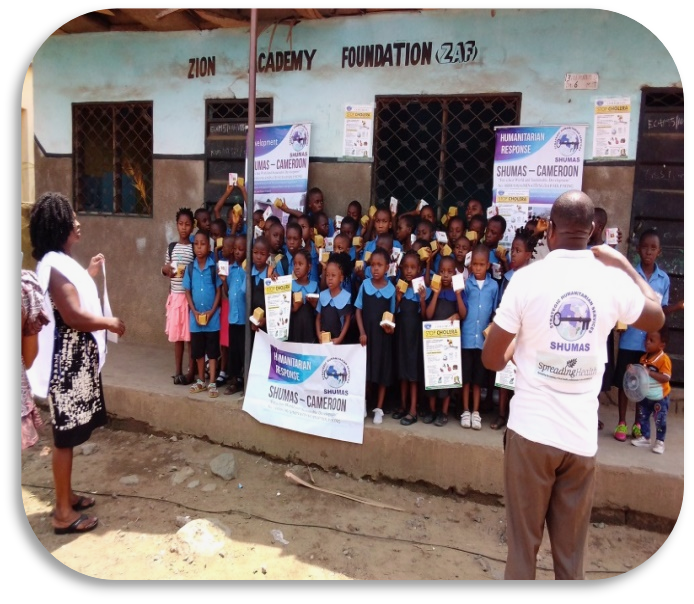
(Cholera response in Schools)
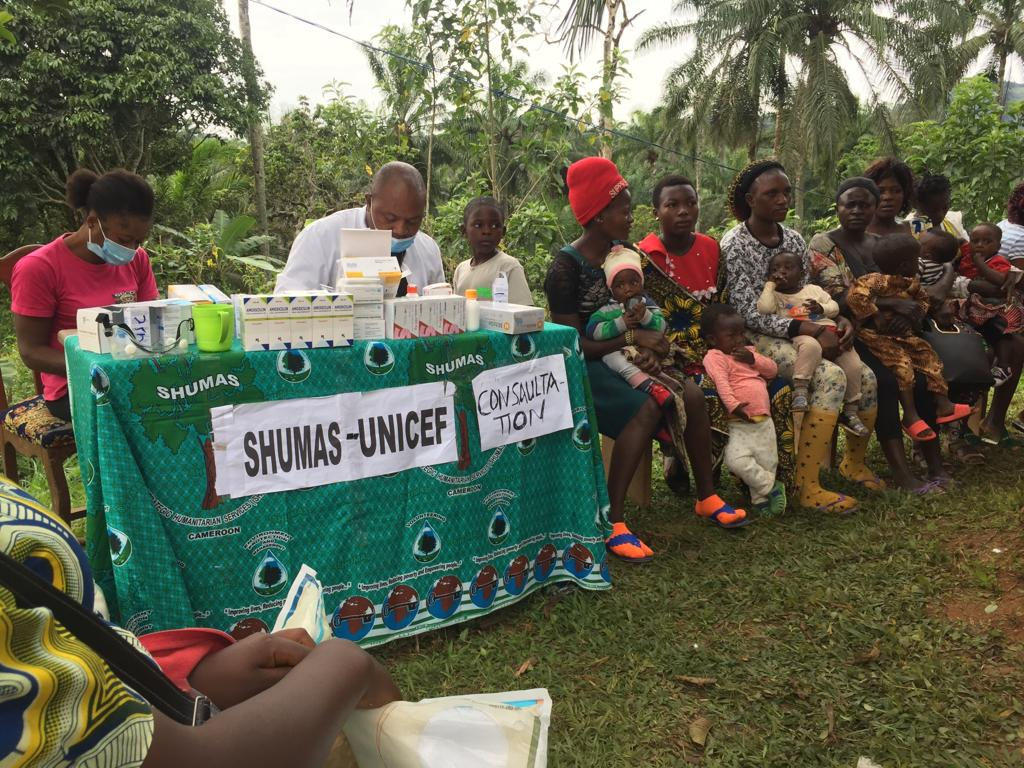
(Consultation of Children below 5 years for Malaria, Upper Respiratory Tract infection and Diarrhoea)
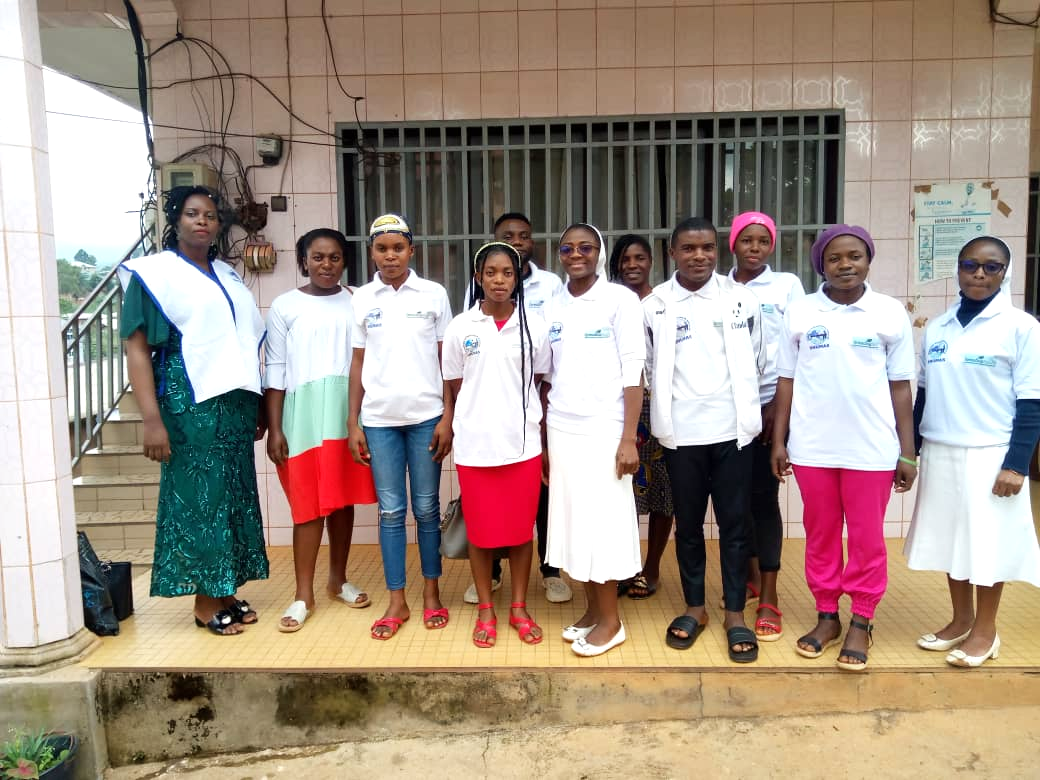
(Monthly meeting with Nursing Students under the SHUMAS Sponsorship Program)
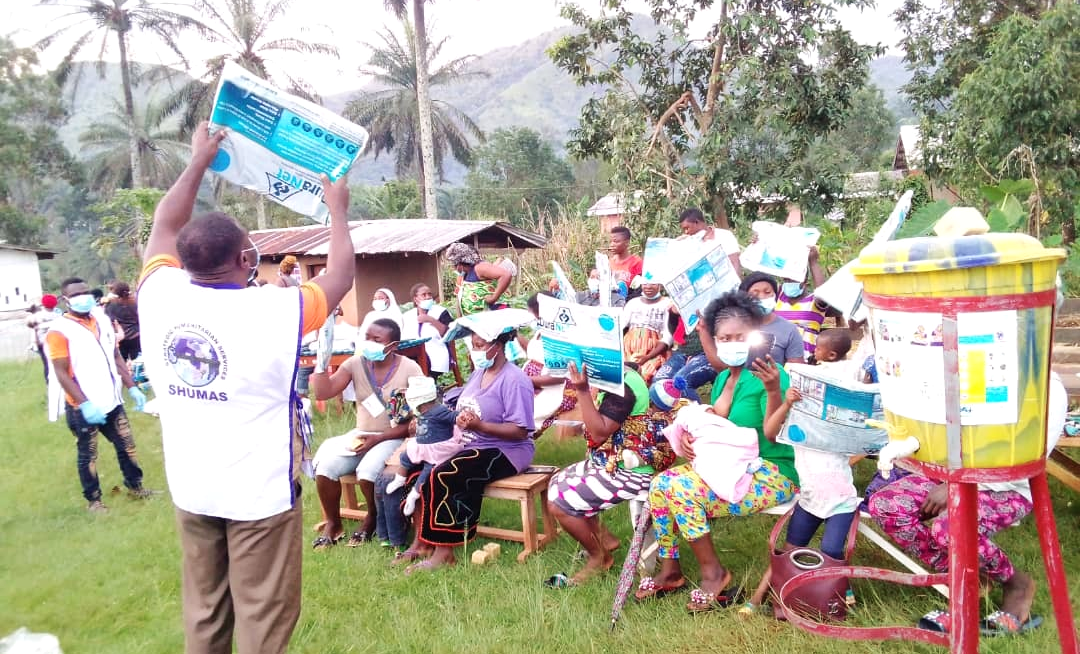
(Distribution and education on the effective used of LLINs )
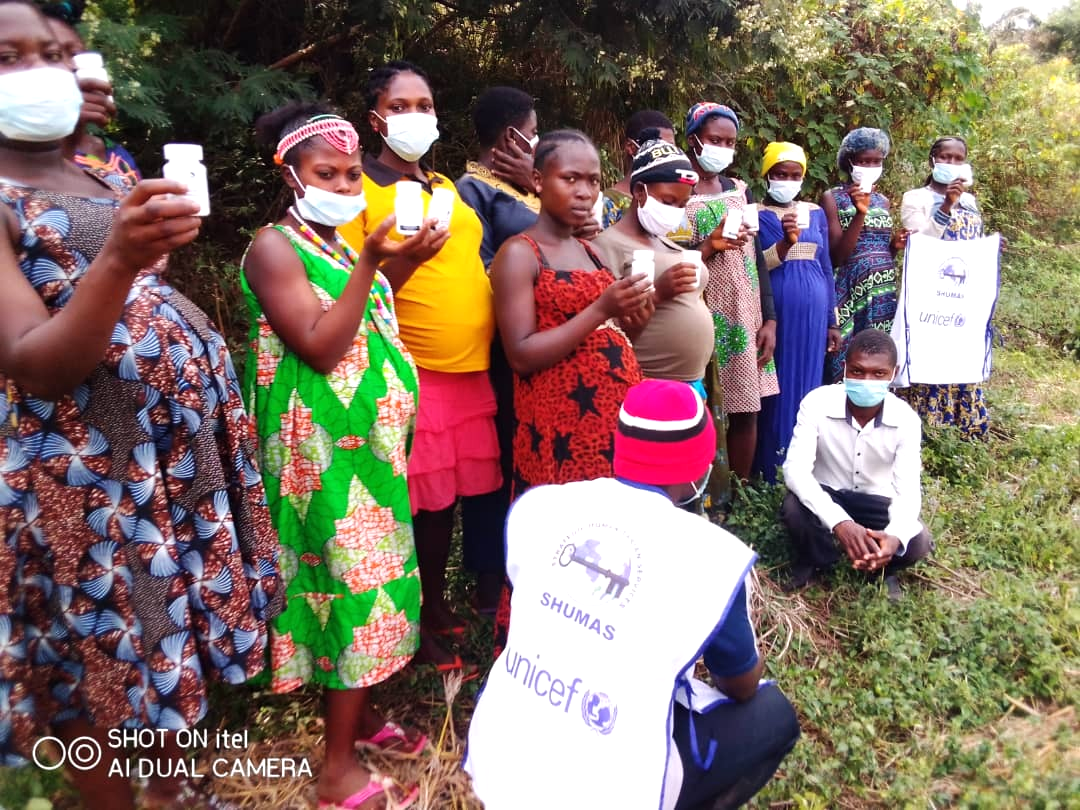
(Distribution of Multivitamin and folic acid to pregnant women)
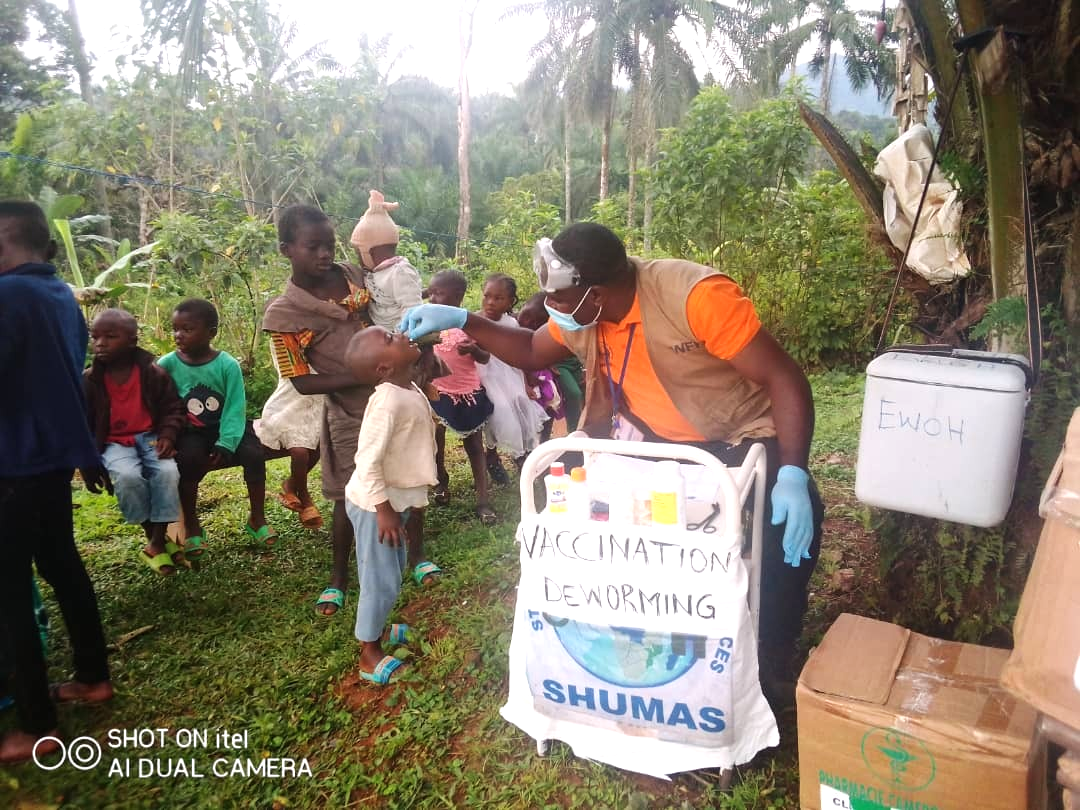
(Vaccination and DE-worming of children)
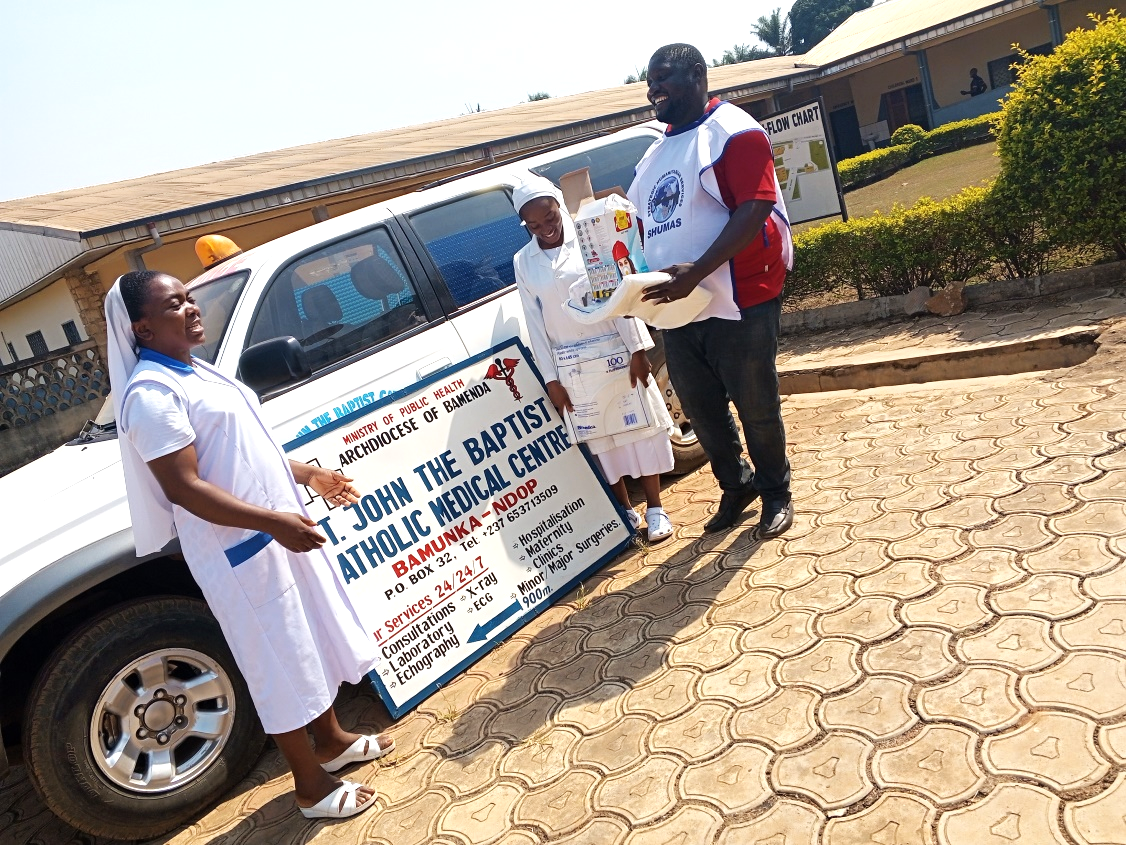
(Donation of Personal protective equipment to Health Facilities)
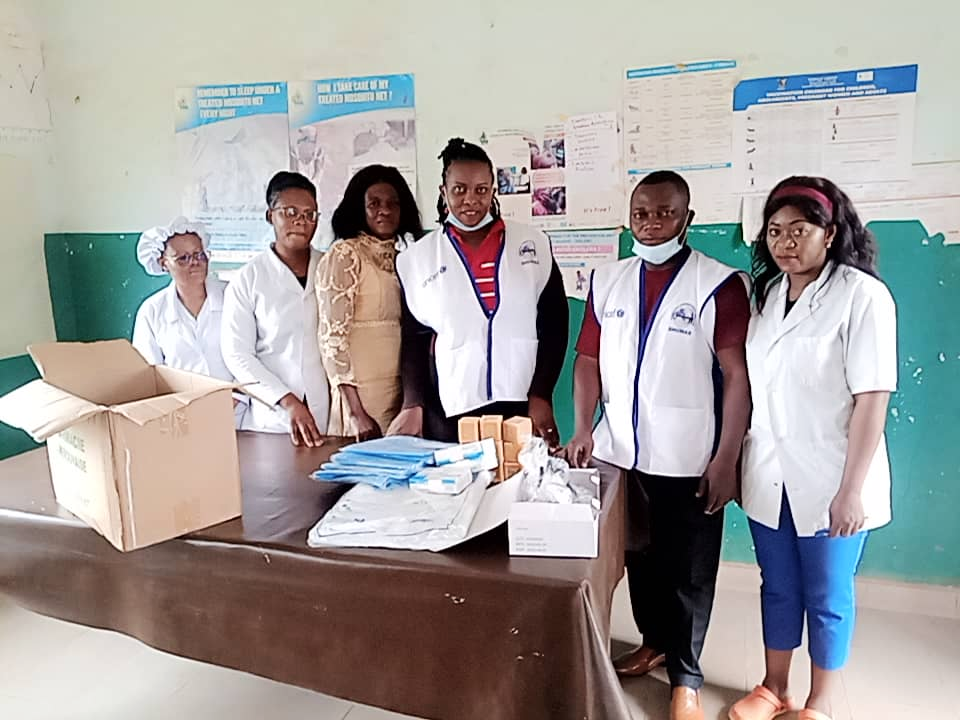
(Donation of Malaria treatment and WASH equipment to Health facility for the free treatment of malaria in children 5 to 13 years).
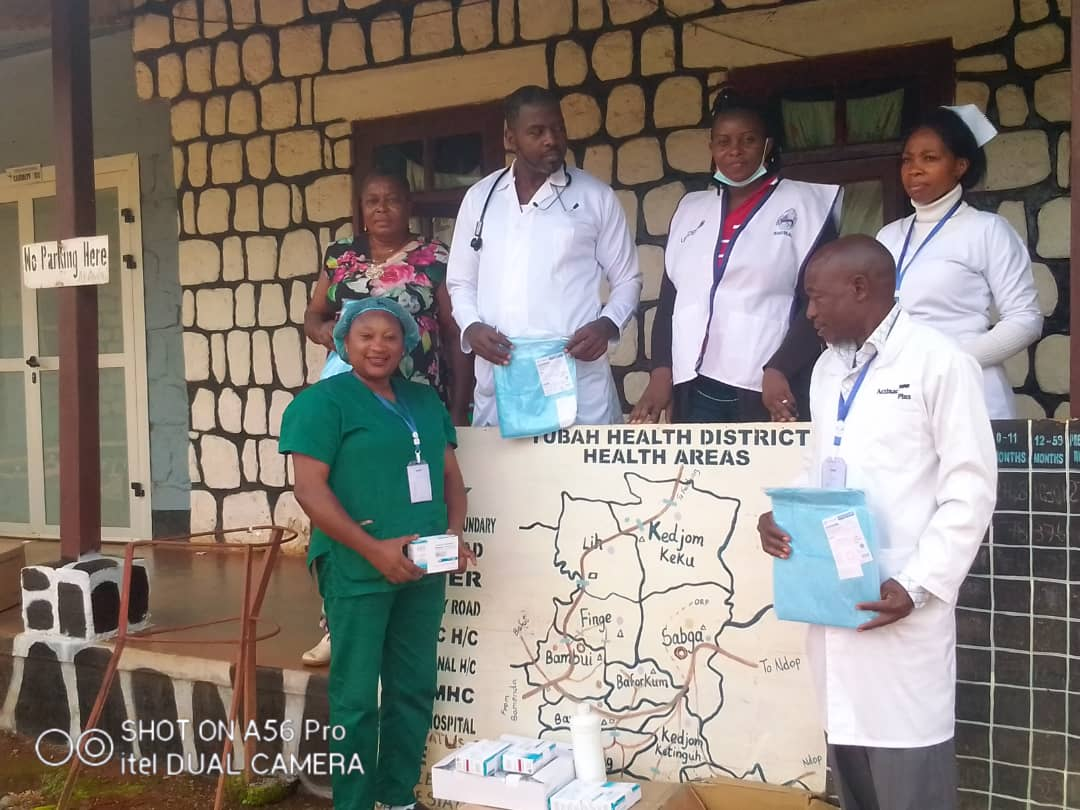
( Provision of Health Inputs to a Health facility)

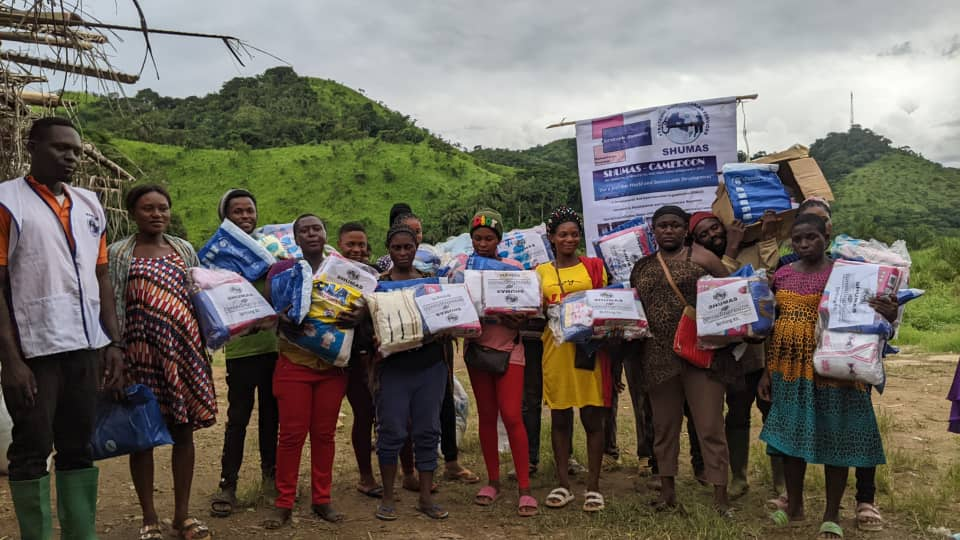
(Distribution of birthing kits and osquitoe nets to some vulnerable women).
